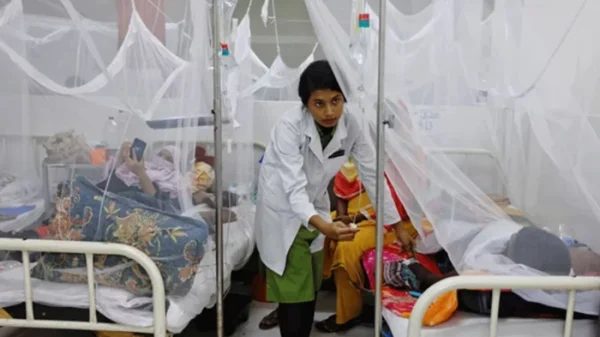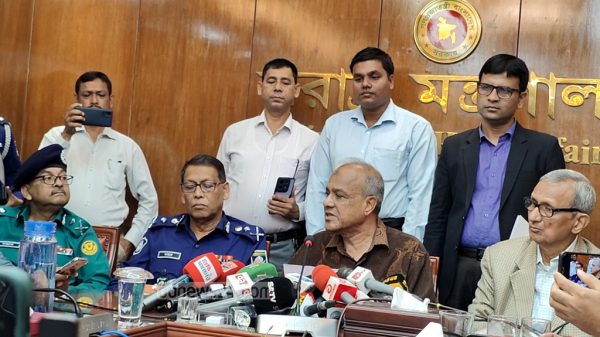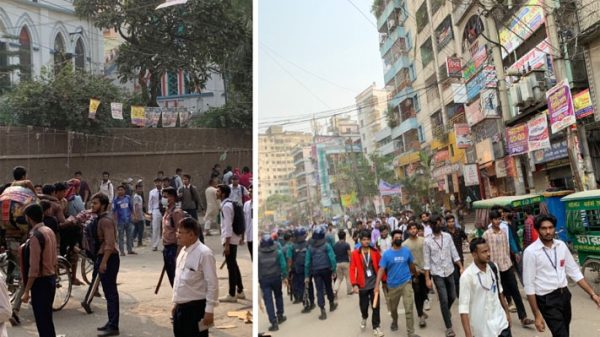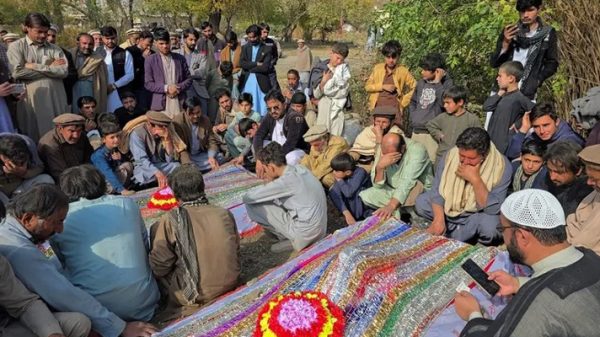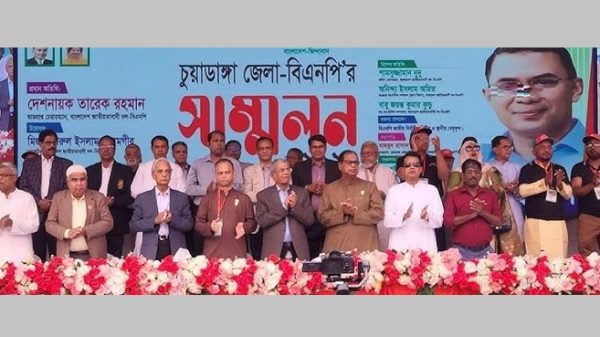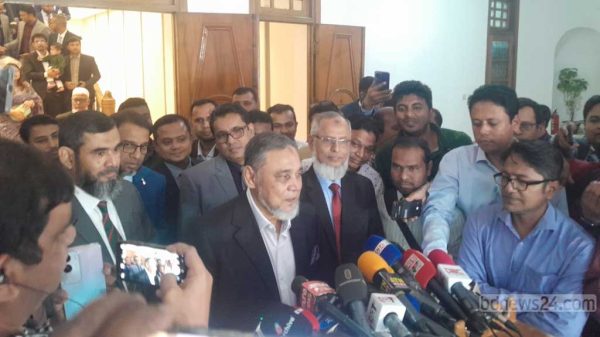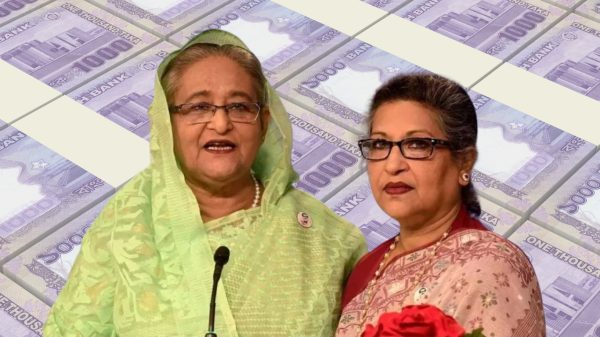Roundtable discussion on ‘Care Economy’ held in Dhaka

- Update Time : Tuesday, 2 April, 2024, 01:26 pm
- 64 Time View
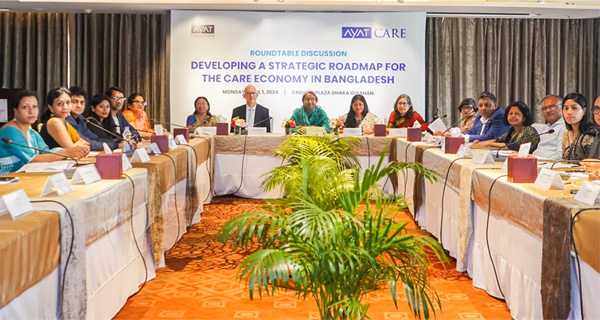
Online Desk: AYAT Education, a social enterprise, organized a roundtable discussion on “Building a Strategic Roadmap for Care Economy in Bangladesh” at Crowne Plaza Dhaka Gulshan on Monday.
The event brought together key stakeholders from government, development organizations, and the private sector to explore strategies for nurturing a caring economy that empowers women and fuels economic growth.
“The Ministry of Social Welfare is committed to working with all stakeholders to create a care economy that supports both women and families,” said Social Welfare Minister Dr. Dipu Moni, who attended the programme as the chief guest.
“The care economy, encompassing both paid and unpaid work that supports the well-being of individuals across all life stages, is critical for fostering resilient and inclusive societies,” said Nusrat Aman, CEO of AYAT Education, who moderated the discussion.
“In Bangladesh, as elsewhere, women disproportionately shoulder the burden of care work. This roundtable aimed to identify solutions to address this challenge and unlock the immense potential of the care economy,” she said.
The roundtable explored the global context of care work, highlighting the International Labor Organization’s (ILO) estimates that by 2030, 2.3 billion people worldwide will require care services.
“This growing demand underscores the urgency of investing in the care economy,” said Anne Drong, National Project Coordinator- Care Work, ILO.
The roundtable discussion also revealed that the value of unpaid labor done by women in Bangladesh is worth about 39.52 percent of the GDP research conducted by SANEM.
The discussion focused on the specific challenges faced by women in Bangladesh, where limited access to infrastructure and public services amplifies the burden of care work. Traditional gender norms further contribute to this issue, with girls often prioritizing care work over education and economic opportunities.
“Inadequate care infrastructure was identified as a major barrier to women and economic empowerment,” said Syeda Samara Mortada, Coordination and Partnerships Analyst at UN Women.
“The care economy remains largely unrecognized as a significant economic contributor,” said Kazi Faisal Bin Seraj, Country Representative of the Asia Foundation Bangladesh.
“Even within the paid sector, care work suffers from undervaluation. Investing in and valuing care work is essential for building a more prosperous and inclusive Bangladesh.” said by Charles Whiteley, Ambassador and amp; Head of Delegation, European Union (EU) Delegation to Bangladesh.

